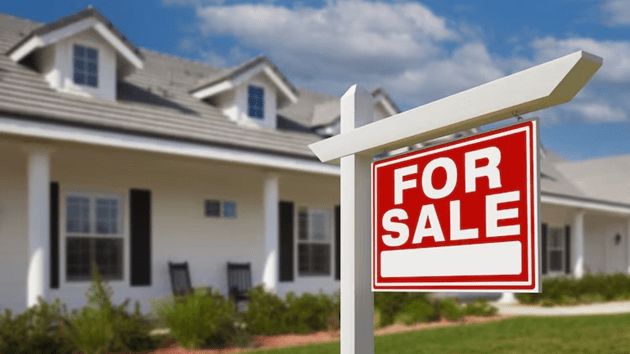(WASHINGTON) — Housing costs are top of mind for voters across the country, as rising prices force many renters and potential home buyers to empty their pockets.
Nearly half of all renter households were cost-burdened by their rent in 2023 — meaning they spent more than 30% of their income on housing costs, according to the U.S. Census Bureau.
And housing costs? They’ve outpaced inflation since the 1960s, rising 2.4 times faster, according to an analysis of housing data published by property advice site Clever Real Estate in March.
The study found that if home prices only kept pace with inflation, the median home could cost about $177,000 instead of the roughly $431,000 it actually costs.
Housing policy was mentioned during Tuesday’s presidential debate between Vice President Kamala Harris and former President Donald Trump, as Harris touted her newly released policy proposals several times.
“We know that we have a shortage of homes and housing, and the cost of housing is too expensive for far too many people,” she said.
When it comes to housing and rent, here’s a look at the policies Harris and Trump have signaled support for if elected in November.
Harris’ proposals
Harris is calling for the construction of 3 million new housing units to address the supply shortage, she said, by proposing a tax incentive for companies who build units to be sold to first-time homebuyers.
The vice president’s proposal also includes a $40 billion fund to support local governments in “innovative methods” of building affordable housing that have proven to be successful, referencing the construction of housing units in Wake County, North Carolina.
She supports the Stop Predatory Investing Act, which is aimed at removing tax benefits for major corporate or Wall Street investors who acquire large numbers of single-family rental homes and mark up prices.
Harris also backs the passage of the Preventing the Algorithmic Facilitation of Rental Housing Cartels Act, which would prohibit the use of algorithmic systems to artificially inflate the price or reduce the supply of leased or rented residential dwelling units.
Additionally, Harris plans to provide $25,000 in down payment support for first-time home buyers, with expanded support for first-generation home owners.
Trump’s proposals
Trump has promised to eliminate certain regulations on the construction of new homes, which he says will help with the cost.
The former president did not say which specific regulations he hopes to eliminate. During his term as president, he signed the Tax Cuts and Jobs Act in 2017, which lowered the corporate tax rate and created Opportunity Zones, in which people can invest in low-income areas and temporarily defer tax on eligible gains.
Trump also plans to open up portions of federal land for large-scale housing construction.
“These zones will be ultra-low tax and ultra-low regulation,” he said in a Q&A at The Economic Club of New York on Sept. 5.
Trump claimed that undocumented immigrants are behind the rise in housing costs in his policy proposals and speeches, adding that he would ban mortgages for undocumented people. Researchers and officials have attributed rising housing costs to high interest rates, the housing shortage, rent gouging and an increase in construction costs and supply chain constraints to the rising costs.
Trump’s Agenda47, which outlines his plans if he’s elected in November, also notes that he intends to “promote homeownership through Tax Incentives and support for first-time buyers.”
Copyright © 2024, ABC Audio. All rights reserved.

